Health Care
The Healthcare covers the project interventions related to addressing the physical needs of persons affected by leprosy.
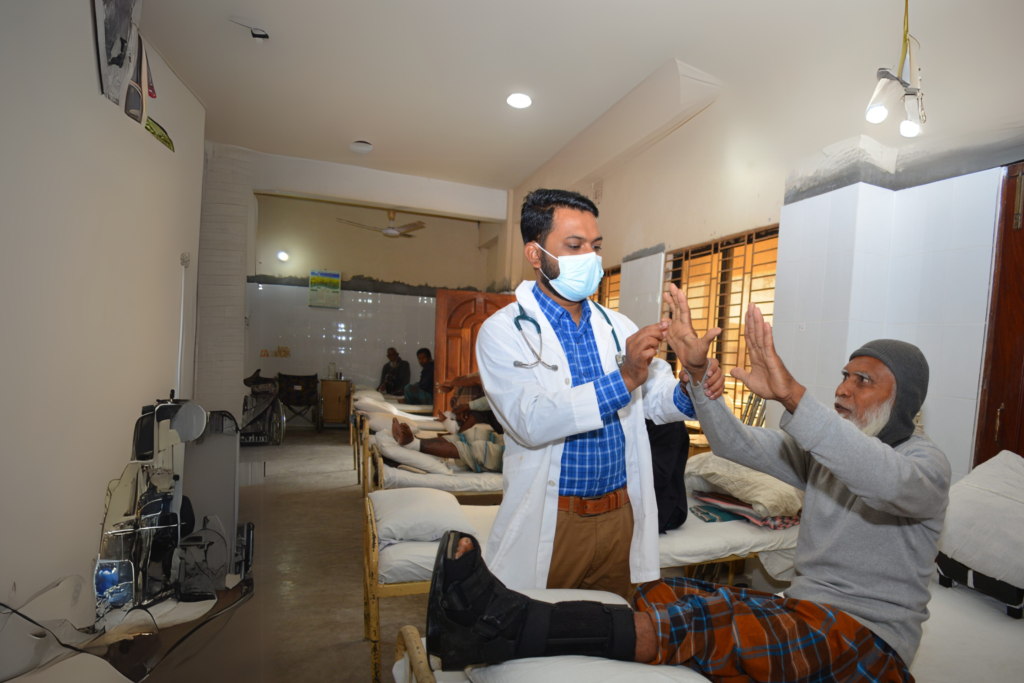
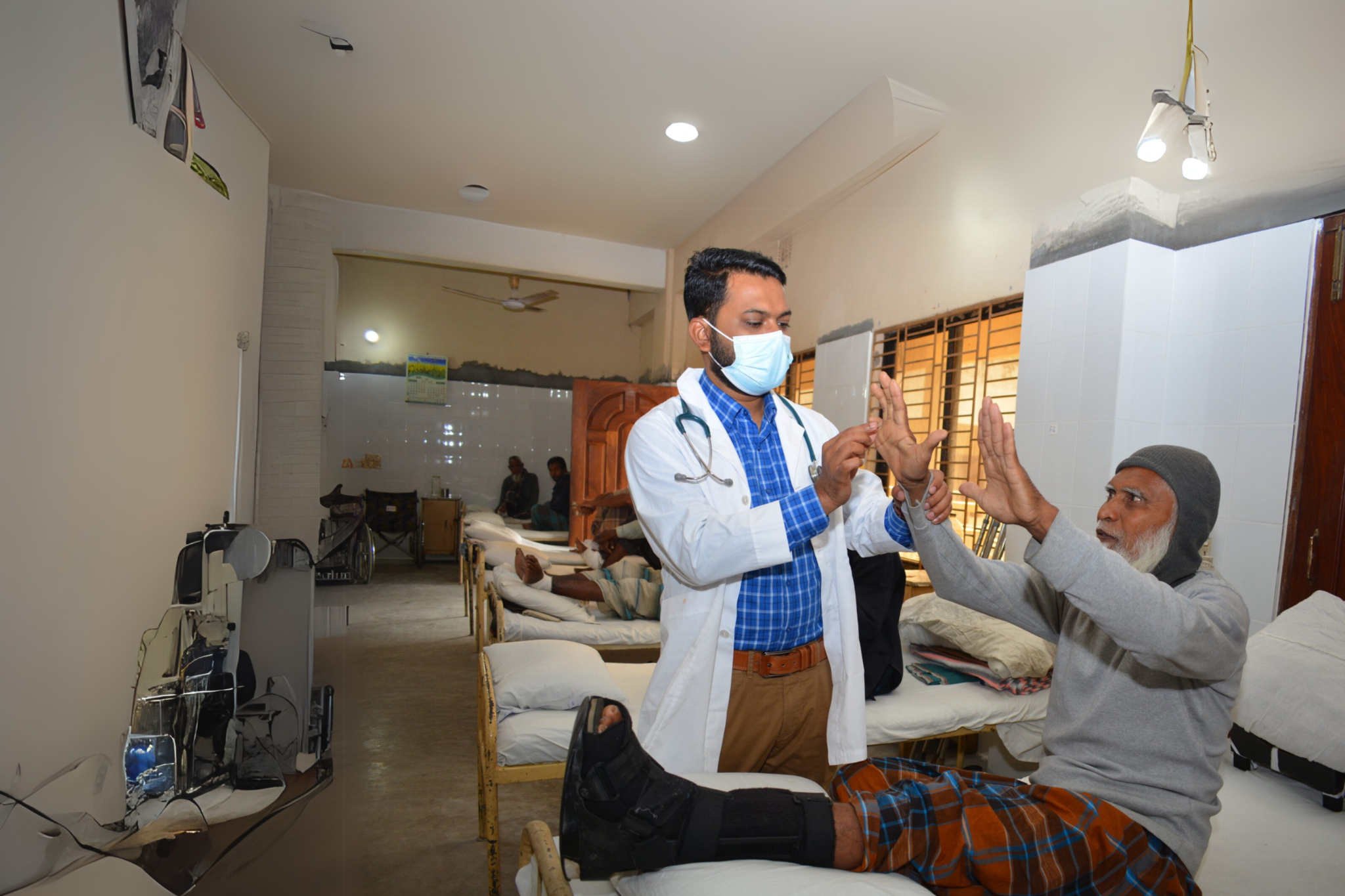
The Healthcare covers the project interventions related to addressing the physical needs of persons affected by leprosy.
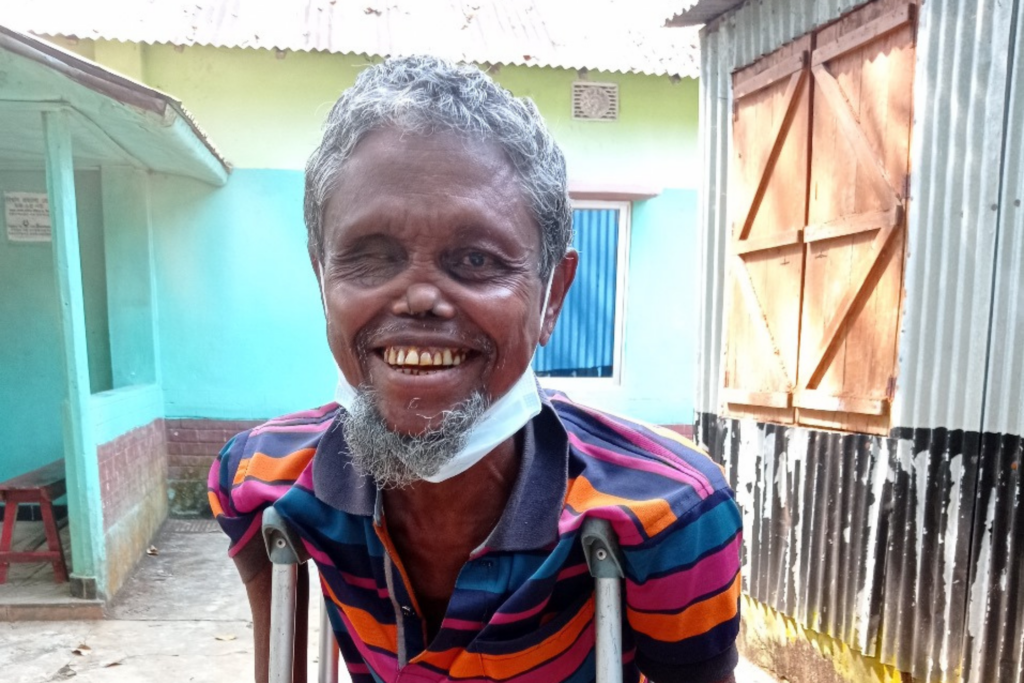
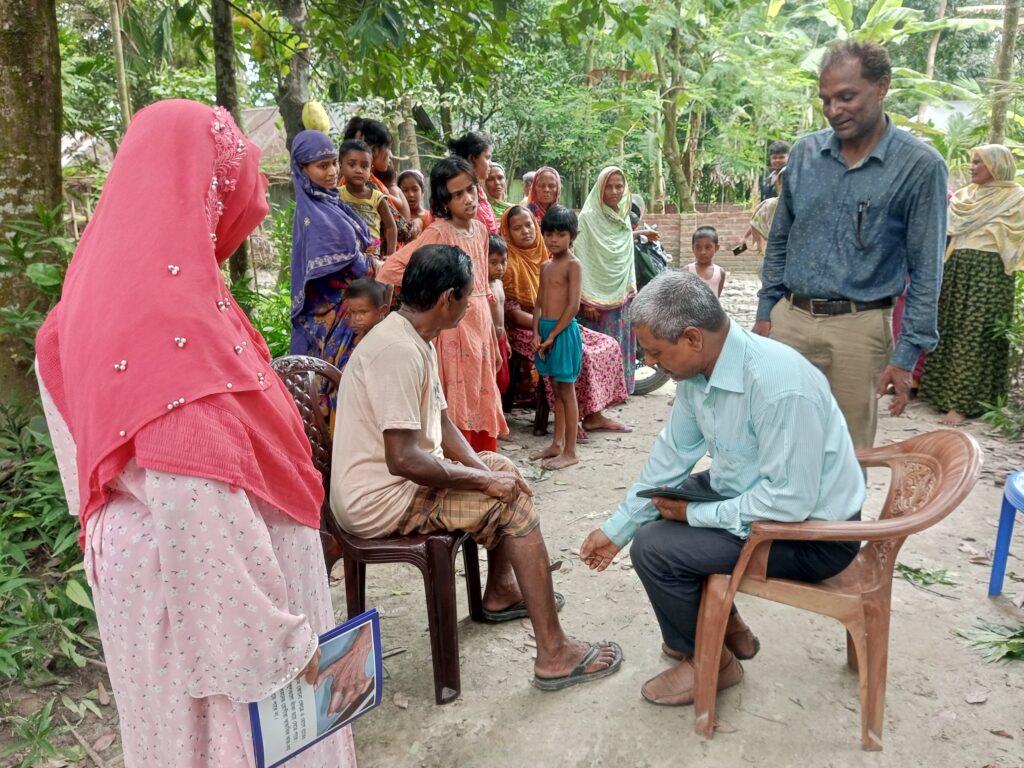
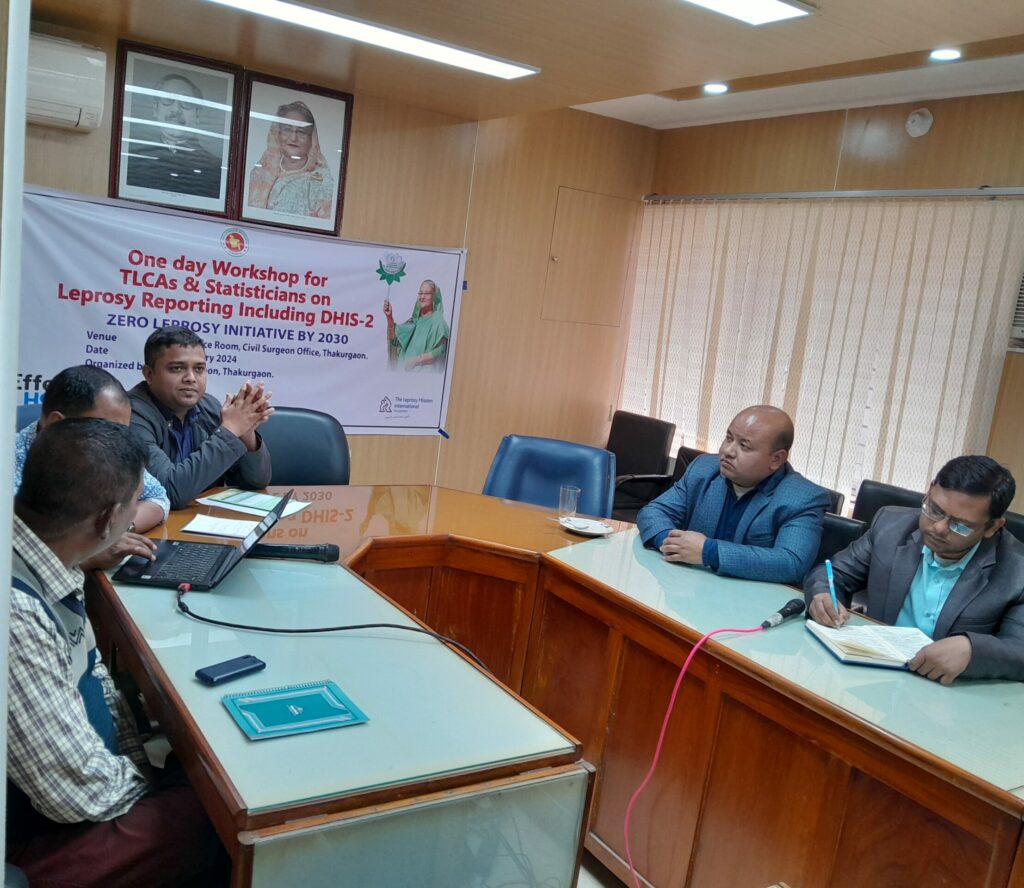
The Proyash Project is a comprehensive health initiative in Bangladesh aimed at eliminating leprosy through a coordinated effort between the government and NGOs. Implemented by The Leprosy Mission International – Bangladesh (TLMI-B) from 2022 to 2025, the project operates across 8 districts, focusing on three main goals: improving healthcare quality, enhancing active case finding, and increasing service demand among affected populations.
Despite current annual detection number of about 3,200-3,500 cases (22.31 per million population), the project builds on previous successes, including declining disability rates. The initiative emphasizes sustainability through government health system strengthening, community engagement, and capacity building. Working closely with community-based organizations, the project aims to reduce stigma, provide mental health support, and develop replicable methodologies for sustainable leprosy care that can be implemented in other contexts.
Leprosy Control Project (RHP-LCP) in Northwest Bangladesh, focusing on zero leprosy transmission and disability. Operating across (four high-incidence) districts such as Rangpur, Nilphamari, Thakurgaon, Panchagor, the project combines early case detection, community engagement, and healthcare system strengthening to create comprehensive leprosy control. Through innovative approaches like Extended Contact Surveys and strategic partnerships with local health services, the project detected 882 new cases in 2023, demonstrating its effectiveness in reaching affected communities. By integrating data-driven methods with community outreach and health system support, RHP-LCP is setting new standards in cost-efficient, impactful leprosy control.
The Striving for Zero Leprosy Transmission (SZLT) Project is dedicated to combating leprosy in four south-eastern districts of Bangladesh – Chattogram, Cox’s Bazar, Feni and Noakhali. By providing services at 37 UHCs (Upazilla Health Complex), the project works to reduce leprosy transmission and prevent leprosy-related disabilities.
CHT Leprosy Control & Rehabilitation Project (CHT-LC & RP) is dedicated to combating leprosy in three hill track districts of Bangladesh-Khagrachari, Rangamati, and Bandarban. By providing services at 25 UHCs (Upazilla Health Complex), the project works to reduce leprosy transmission and prevent leprosy-related disabilities.
DBLM Hospital, located at Nilphamari, northern Bangladesh, is considered the largest leprosy referral centre in the country, offering comprehensive leprosy complication management services. Established in 1977 by the Danish Santal Mission, it was entrusted to TLMI-B in 1996. The hospital has a dedicated and experienced team who provides specialized leprosy complication care to patients referred from across the country. The hospital facilities include a surgical unit, physiotherapy unit, laboratory, and assistive device unit. Additionally, it runs an outpatient department for general medical services, ensuring affordable primary care for the local community.
TLMI-B has been working on tuberculosis control since 1994. The ‘Integrated Tuberculosis Care and Prevention for Enhancing Case Findings, Health System Strengthening and Sustainability’ project is implemented by TLMI-Bangladesh as a partner of BRAC in Panchagarh and Thakurgaon, for achieving the targets as stated by the National Tuberculosis Programme (NTP).